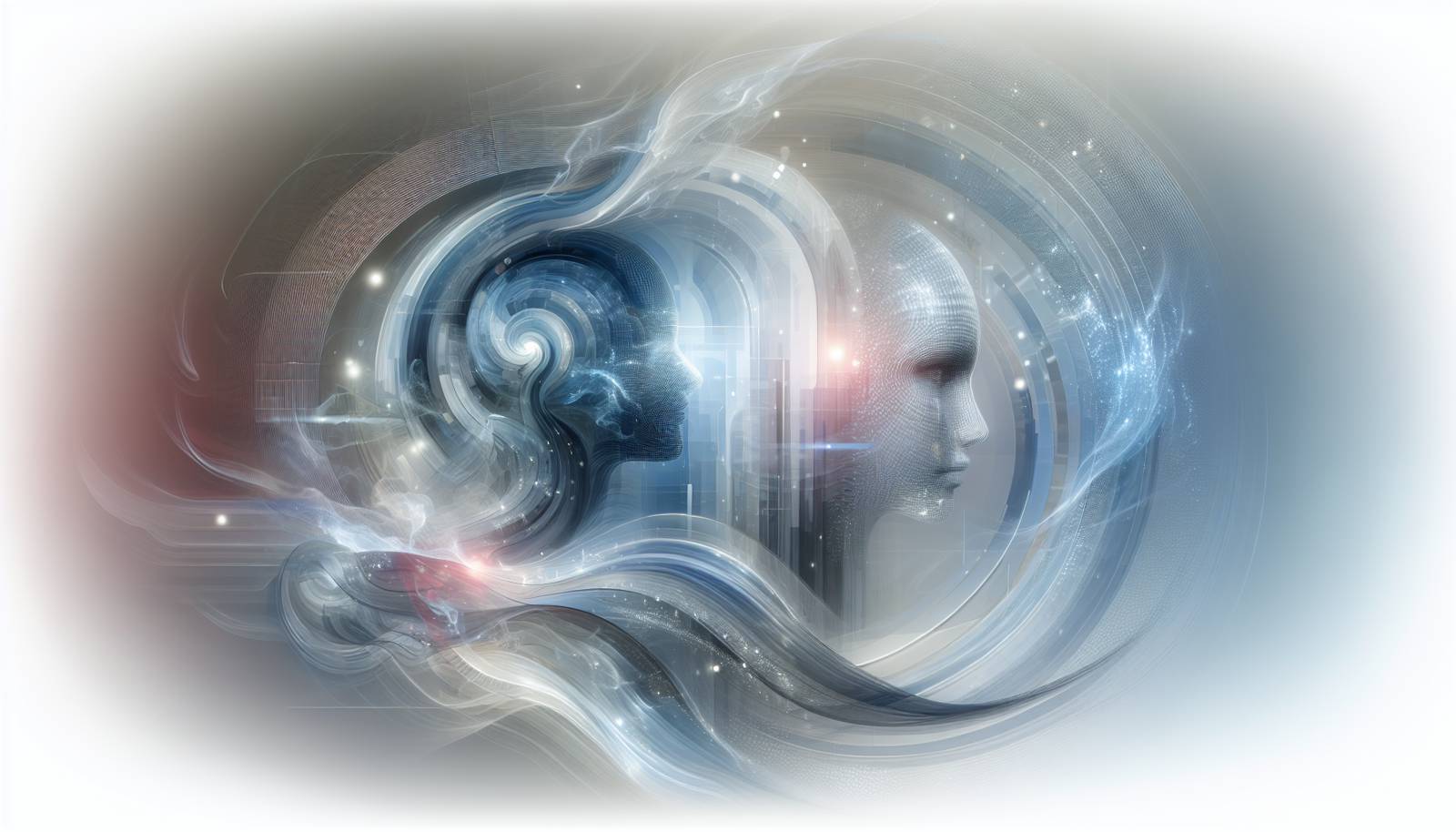
FAQ About The Influence of Digital Avatars on Personal Identity

What is a digital avatar?
A digital avatar is a graphical representation of a user or their character in the virtual world. It can be a 2D icon or a 3D model that people create to represent themselves in games, social media, or other online platforms. Users often have the ability to customize their avatars to reflect their personal style, preferences, or aspirations.

How do digital avatars influence personal identity?
Digital avatars can significantly influence personal identity by offering individuals a platform to explore aspects of themselves that they might not express in the real world. The anonymity and flexibility of creating an avatar allow users to experiment with different identities, appearances, and roles, which can influence their self-perception and personal growth.

In what ways can digital avatars impact societal norms?
Digital avatars can challenge and reshape societal norms by allowing people to transcend traditional boundaries related to gender, race, and age. As people interact in virtual spaces with avatars that may not align with real-world norms, they become more open to diverse identities and expressions. This can lead to broader acceptance and understanding in society.

Can digital avatars change cultural perceptions?
Yes, digital avatars have the potential to change cultural perceptions by providing a medium for individuals to represent non-mainstream cultures or identities. This representation can lead to a greater understanding and appreciation of cultural diversity as users see and interact with avatars from different backgrounds and experiences.

How do online gaming platforms utilize digital avatars?
Online gaming platforms utilize digital avatars to enhance user experience by providing characters that players can customize and control. Avatars serve as the player's representation within the game environment, enabling them to engage in gameplay, social interaction, and storytelling. Platforms often offer extensive customization tools to align the avatar with the player's desired identity.

What is the relationship between avatars and self-expression?
Avatars serve as an extension of self-expression by allowing users to visually and interactively convey their identity, emotions, and preferences. Through the customization of avatars, individuals can express unique aspects of their personality and experiment with different modes of self-representation that may not be feasible in the physical world.

Are there psychological effects of using digital avatars?
The use of digital avatars can have psychological effects, both positive and negative. Positively, avatars can enhance self-esteem by allowing users to craft idealized versions of themselves. However, there can also be negative impacts if users become too detached from their real identity or overly reliant on the avatar for social interaction, leading to issues with self-acceptance and real-world relationships.

Do digital avatars promote inclusivity?
Digital avatars have the potential to promote inclusivity by offering diverse representation and allowing users from different backgrounds to see themselves reflected in virtual spaces. The ability to create avatars that align closely with one's identity can foster a sense of belonging and validation, especially for marginalized communities.

Can digital avatars lead to identity detachment?
Yes, there is a risk that digital avatars can lead to identity detachment, where individuals may become overly engrossed in their online persona to the detriment of their real-world identity. This detachment can affect an individual's self-esteem and social interactions, especially if they struggle to reconcile their virtual identity with their physical one.

How do social media platforms use digital avatars?
Social media platforms use digital avatars to enhance user engagement by allowing people to personalize their profiles and interactions. Avatars can range from simple profile pictures or icons to full-body representations used in virtual reality environments. The use of avatars in social media facilitates creativity and personal branding.
